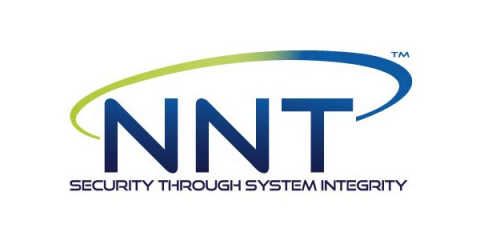US Defense Contractor Taken Down by Ransomware
A US government contractor is the latest victim to be taken down by a ransomware attack. Electronic Warfare Associates (EWA) have the Department of Defense, Department of Homeland Security and the Department of Justice listed among clients that they serve, describing the company as a veteran-owned business with a track record dating back over the last four decade.


